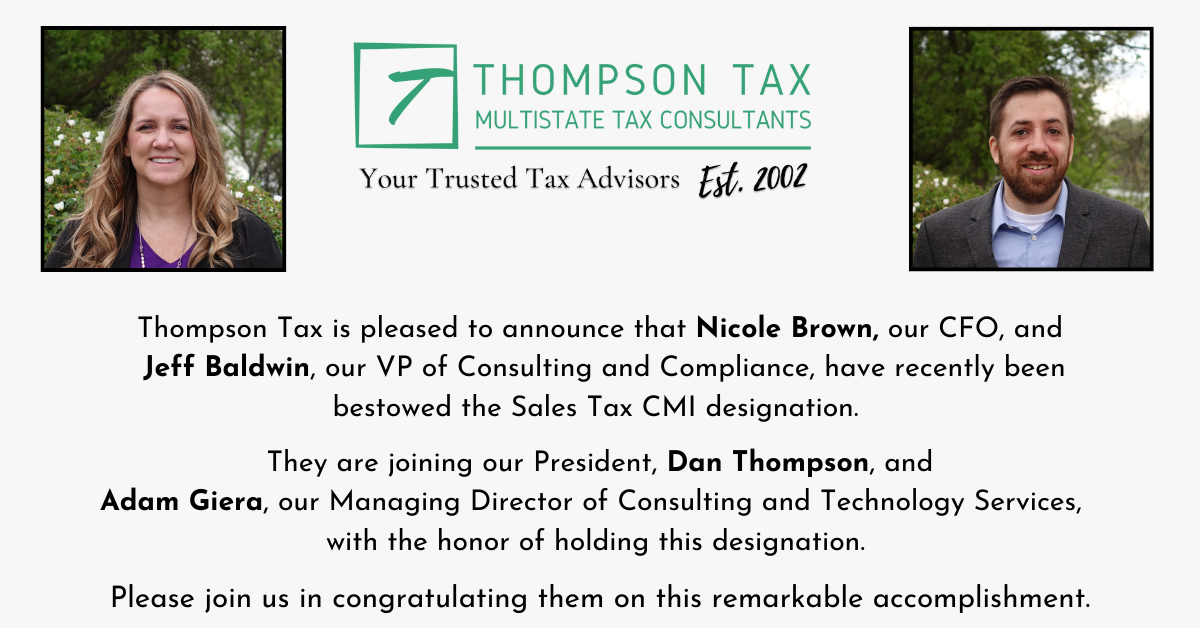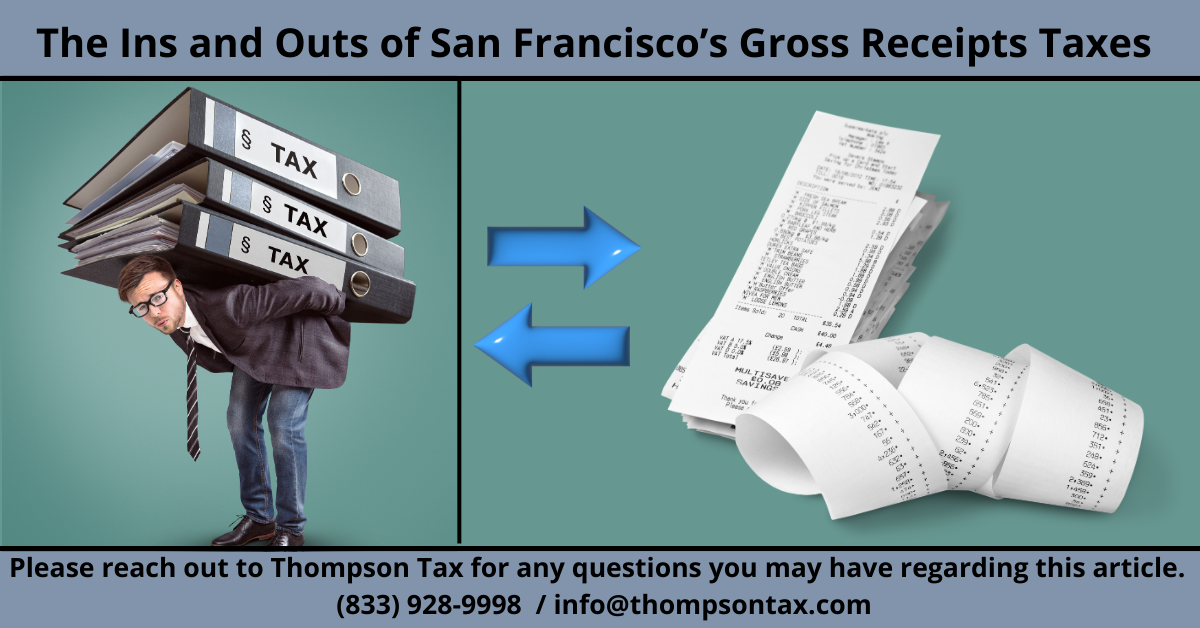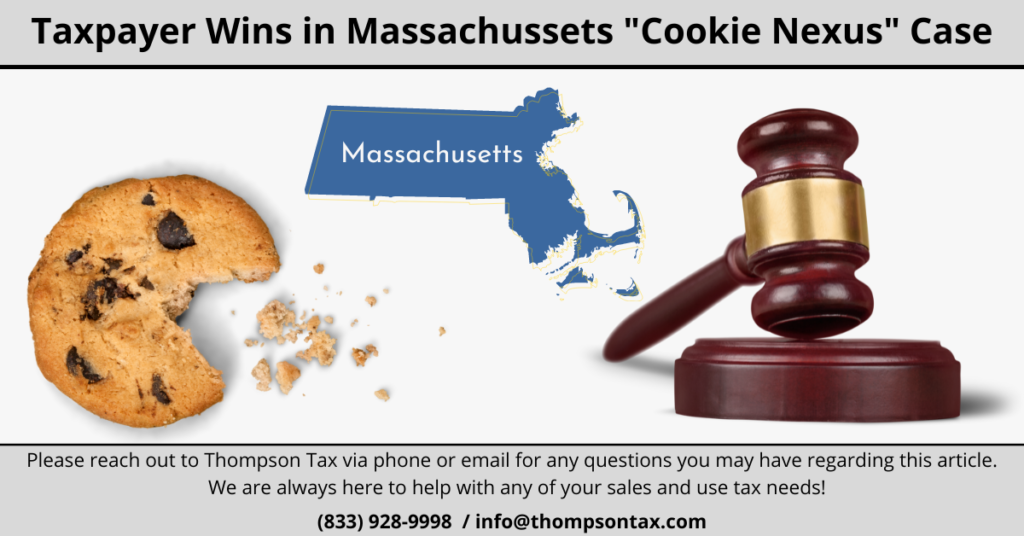Congratulations, Nicole and Jeff!

Congratulations, Nicole and Jeff, on your successful completion of the Sales Tax CMI Exam!

Congratulations, Nicole and Jeff, on your successful completion of the Sales Tax CMI Exam!

San Francisco’s gross receipts tax regime is a complex system comprising three unique taxes that are layered together. It is imposed on mostly any person engaging in business within San Francisco, aside from those qualifying for a small business exemption.
If you are a business owner in San Francisco, understanding the gross receipts tax regime and tax rate is crucial to ensuring you file your tax returns correctly. Accurately determining your NAICS code will help ensure you pay the correct gross receipts tax rate. Misclassification can result in underpaying or overpaying taxes, leading to penalties and interest charges. By working with a tax professional and keeping accurate records, business owners can ensure that they will prevent any potential financial consequences.
Contact Thompson Tax today to discuss your business needs; savings opportunities surrounding gross receipts taxes are available, and we are here to help!

The Supreme Judicial Court of Massachusetts has ruled in favor of the taxpayer in the Auto Parts Network Inc. v. Commissioner case. This ruling denies the Massachusetts Commissioner of Revenue to consider the use of cookies, apps, and content delivery networks (CDNs) while deciding whether a vendor has physical nexus with the State of Massachusetts.
The Commissioner of Revenue argued that cookies, downloadable apps, and CDNs created the physical presence in Massachusetts necessary to enforce taxation laws under the Quill v. North Dakota standard. By using this standard, the audit division of the Department of Revenue sought to require US Auto Parts to register for, collect, and remit sales tax in Massachusetts. As additional evidence of the commissioner’s claim, they argued that the standard established by Wayfair v. South Dakota could be applied retroactively to require enforcement of 830 Mass Regs § 64H.1.7 when applied to out-of-state vendors.
After deferring to the Appellate Tax Board and then the U.S. Supreme Court, the Massachusetts High Court ruled in favor of the taxpayer.
Please let us know if you have any questions about this case or how it may affect your business.